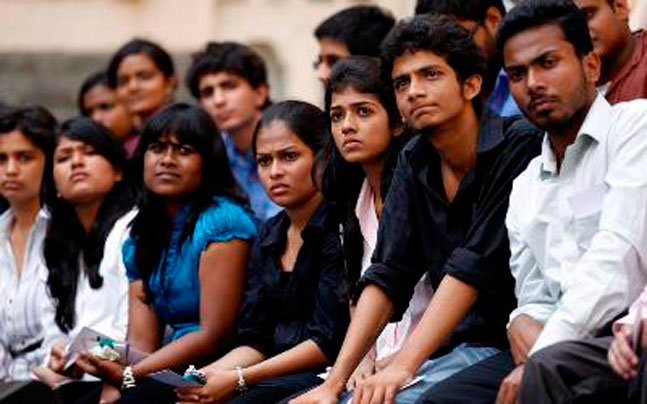
Every year technical learning institutes in India graduate and promote nearly 8 lakh engineering students. They take pride in the fact that these graduates are now market ready. A recent survey performed by All India Council for Technical Education (AICTE) portrays that 60% of these graduates in 2017 are actually unemployed!
Why are graduates unemployed?

Source: Wise-Owl
The cardinal reason for this unemployability amongst 60% of 8 lakh engineering graduates in 2017 is the immense variation in education. Right from the schooling days to the college entrance examinations followed by the college years, students undergo varying levels of education which leave them with no dense learning. This, in turn, sabotages their skills making them unfit for employment.
Not only that, only 15% of engineering programmes that are offered in over 3,500 institutes are according to National Board of Accreditation.
The education system is not the only inhibitor. Graduates are responsible for their situation. Studies reveal that less than 1% of engineering students undertake internships. Very few make efforts to gain some work experience prior to the real deal!

The apparent solution:

Source: udayavani.com
To combat this current employability issue, the ministry of human resource development is planning a major overhaul of India’s technical education policies. The blueprint involves scraping off the single National Entrance Examination for Technical Institutions from January 2018. The plan involves annual teacher training as a must for approval of the institution. It also aims to mandate induction training to enrolled students. Annual revision of curriculum is also planned. The colleges are asked to make “suitable changes in the curriculum every year”.
According to a senior MHRD official, NEETI (for admission to engineering programmes) is the first exam to be conducted by the National Testing Service (NTS). The test is completely computer-based. “In all probability, NTS will be ready by January 2018 to conduct the NEETI as well as National Eligibility cum Entrance Test (NEET) for medical courses. The exams will be conducted multiple times in a year,” said the official. He also mentioned that NTS will conduct entrance test for IITs as well.
As per this strategy, the first NEETI exam is likely to be scheduled for December 2017-January 2018, followed by another one in March 2018 and the third in May 2018.
What can be expected from this approach?

Source: wellnessworkshub.com
IITs will continue to set the question paper. NTS will only play the role of exam conduction. The All India Council for Technical Education (AICTE), under MHRD, has also set wide-ranged visions to raise the standards of technical education. These include immediate improvement of employability to 60% from the current 40%. It also aims to ensure 75% of the students get industry exposure in the form of summer internships.
Another goal set to be achieved is that before 2022, 50% of the programmes in the technical institutions shall be accredited by NBA. Unless there is credible progress annually, institutional approval will be denied.
According to the aforementioned strategies by AICTE, the selection process l be based on the single entrance test by an agency authorised by MHRD and there will be a ban on the conduct of such exams by any other institution or university or agency.


























